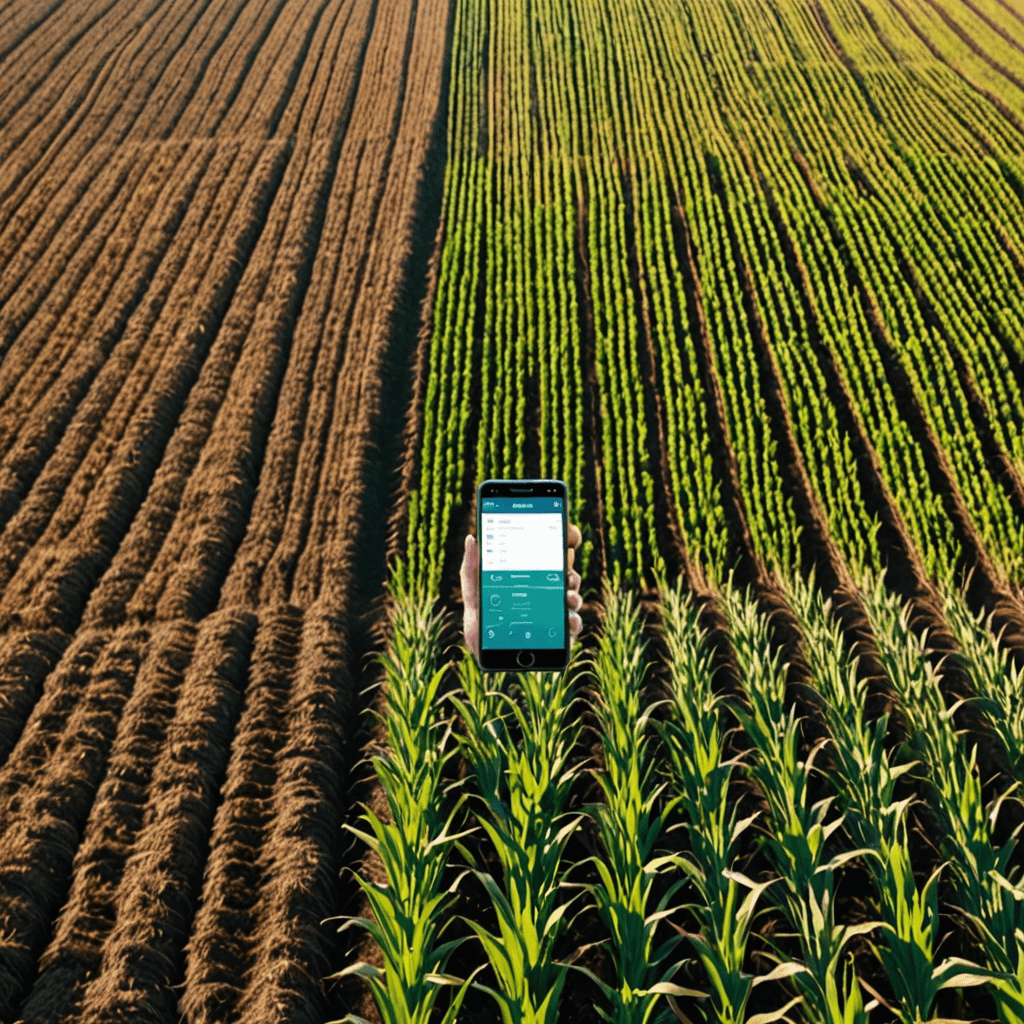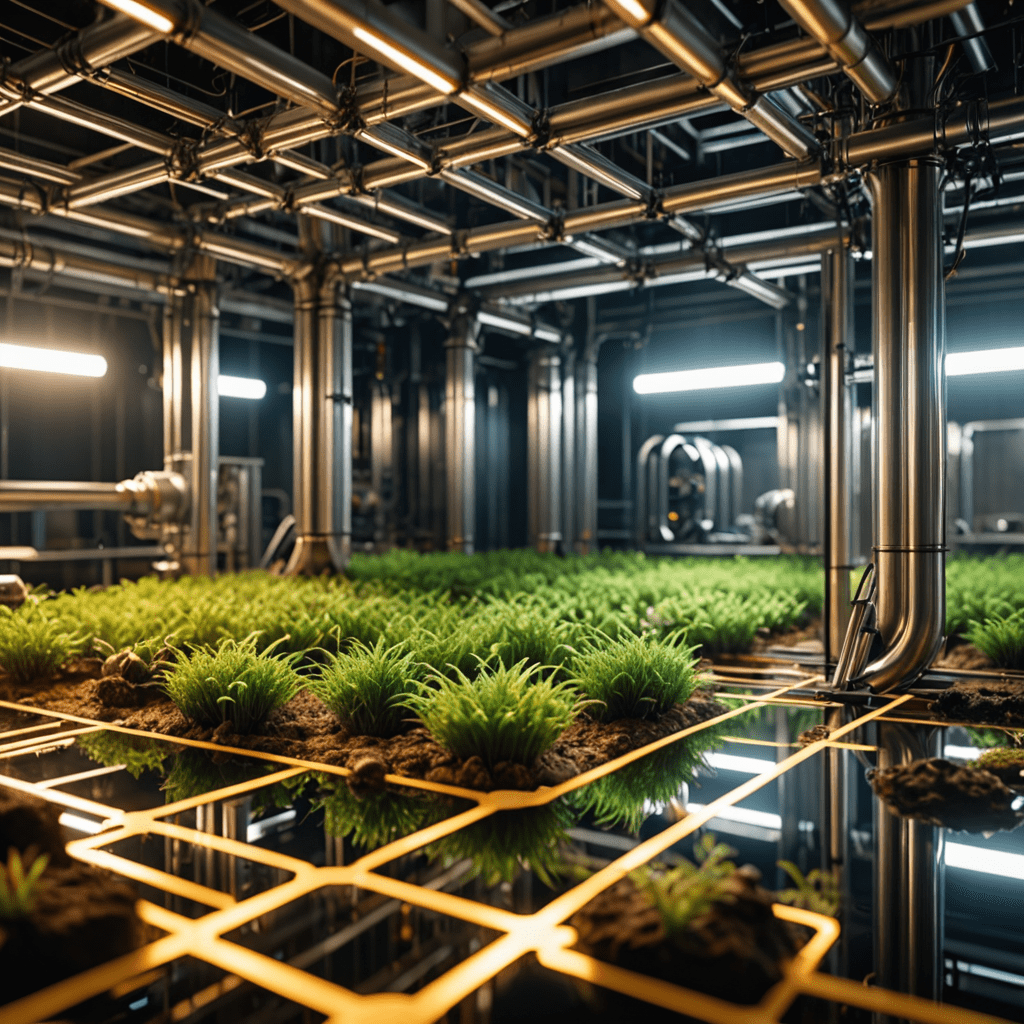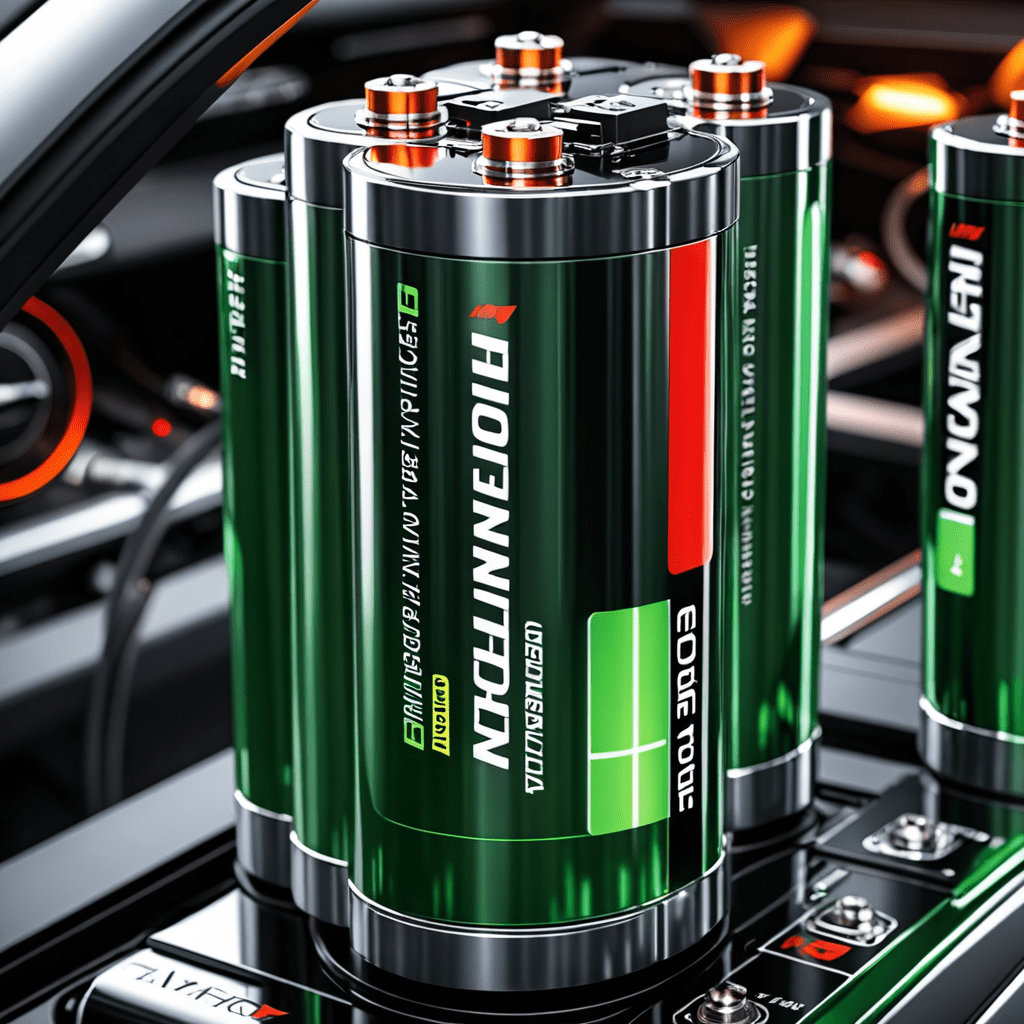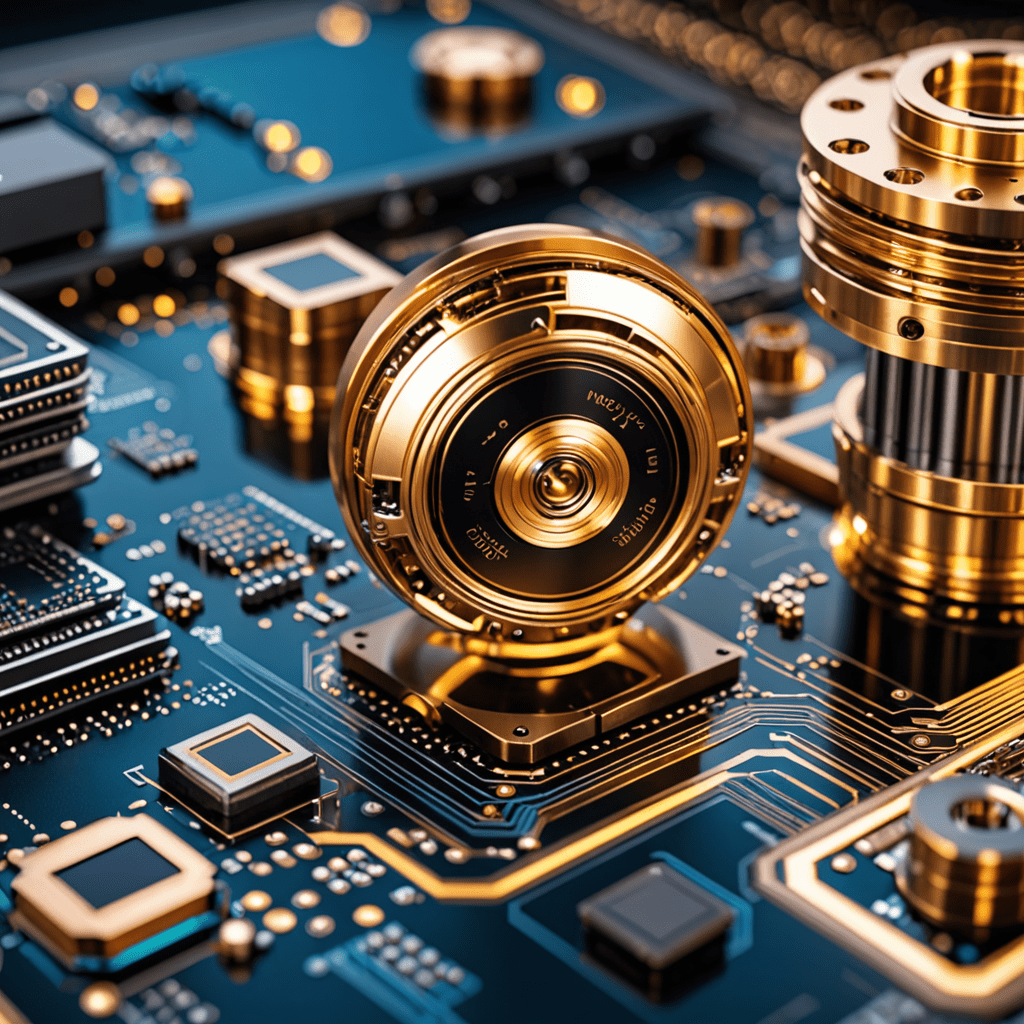
Nanotechnology in Precision Agriculture: Optimizing Farming Practices
1. Introduction to Nanotechnology in Agriculture
Nanotechnology involves manipulating materials at the nanoscale, which is incredibly small – on the order of
billionths of a meter. In precision agriculture, nanotechnology plays a vital role in optimizing farming
practices by enhancing efficiency and productivity.
2. Applications of Nanotechnology in Precision Agriculture
Nanotechnology is utilized in precision agriculture for tasks such as targeted delivery of nutrients and
pesticides, soil health monitoring, and plant disease detection. These applications help farmers make
data-driven decisions to improve crop yields sustainably.
3. Nanosensors in Agriculture
Nanosensors are essential tools in precision agriculture, providing real-time data on soil conditions, plant
health, and environmental factors. These sensors enable farmers to precisely monitor and adjust farming
practices for optimal results.
4. Nanopesticides and Nano-Fertilizers
Nanopesticides and nano-fertilizers are designed to enhance the efficacy of crop protection and nutrient
delivery. Nano-formulations ensure targeted delivery, reduced environmental impact, and increased
absorption by plants, leading to improved agricultural productivity.
5. Nanotechnology for Water Management
Nanotechnology helps in developing smart irrigation systems that conserve water by delivering the right
amount of moisture to crops based on real-time data. Nanomaterials also assist in water purification,
ensuring sustainable water resources for agriculture.
6. Environmental Benefits of Nanotechnology in Agriculture
By using nanotechnology in precision agriculture, farmers can reduce the need for chemical inputs, minimize
environmental pollution, and promote eco-friendly farming practices. This results in healthier ecosystems
and improved food quality.
7. Future Prospects and Challenges
The future of nanotechnology in precision agriculture holds immense potential for revolutionizing farming
practices. However, challenges such as regulatory concerns, cost implications, and public acceptance need to
be addressed to ensure the responsible and effective implementation of nanotechnology in agriculture.
FAQs: Nanotechnology in Precision Agriculture
What is nanotechnology in precision agriculture?
Nanotechnology involves manipulating materials at the nanoscale level to enhance agricultural practices. In precision agriculture, nanotechnology is used to optimize farming methods by delivering nutrients, monitoring soil conditions, and improving crop protection efficiently.
How does nanotechnology benefit farming practices in precision agriculture?
Nanotechnology offers benefits such as improved nutrient delivery through nano-fertilizers, precise monitoring of soil conditions using nanosensors, enhanced pest and disease management with nano-based pesticides, leading to increased crop yields and sustainability in farming practices.
What are some examples of nanotechnology applications in precision agriculture?
Examples of nanotechnology applications in precision agriculture include nano-coated seeds for better germination, nano-formulations for targeted delivery of pesticides, nanosensors for real-time monitoring of soil moisture and nutrient levels, and nanocarriers for efficient delivery of plant growth regulators.


